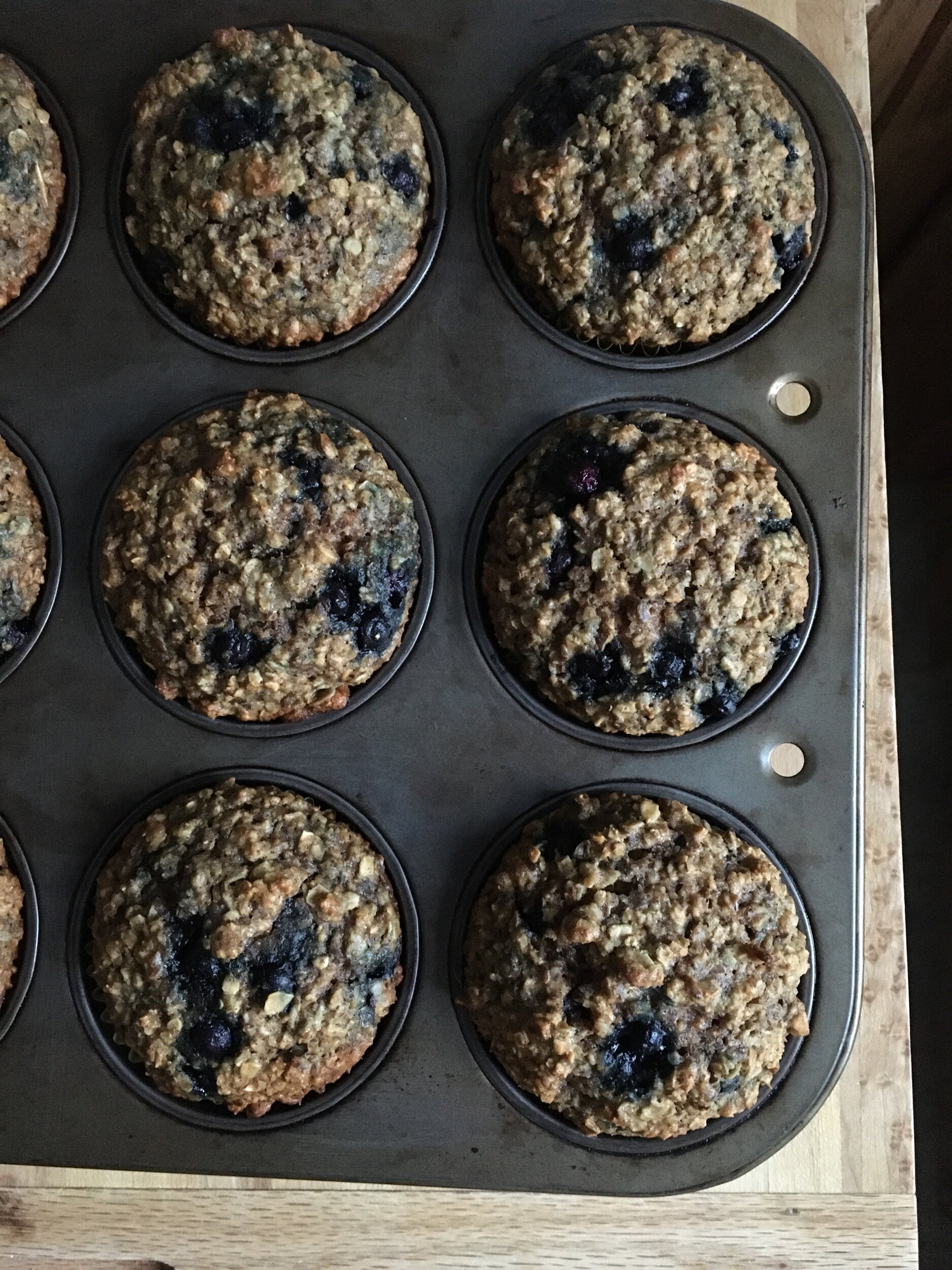Somewhat hilariously, I’ve been listening to a CBC podcast based on an American podcast’s recommendation, as if things, before they should reach my ears, must be American-approved. Have you ever noticed that? Those little moments that force you to rethink things? I’ve heard so much about Adam Grant’s latest book Think Again and I think fussily, like a person who has too many jotted-down titles of books they should read, whether it is really necessary to read this author’s take on something I suspect I already know?
The other day for example, I was in Wal-Mart and I passed two women who were considering a mass-produced painting of a Parisian street with the vague outline of the Eiffel Tower in the background. “I don’t know what it is, but I love this painting” the one was saying to the other. I inwardly scoffed. How can you fall in love with a fake-as-heck piece of reproduction art? What about supporting local artists, eh? But the next aisle over I chastised myself for the unkindness and remembered what my mother-in-law has often repeated: “tastes cannot be argued” (Les goûts ne se discutent pas!). Then, while looking for a lucite organizer tray, I came across stark white canvases with flower outlines in gold and imagined how nicely the frame would look against our slate-blue wall and protectively tucked this rectangle piece of decor under my arm all the way to the self-checkout.
I’m pretty sure that to be interested in history is to engage in a flexible state of mind. I grew up not caring about Canada’s problem with its Indigenous Peoples, but a few courses in to a history degree will force any student to re-think. I’m listening to CBC’s Missing and Murdered: Finding Cleo, thanks to a recommendation from the Longford podcast. It’s well-produced. It’s also devastating. It reminds me of reading Halfbreed by Maria Campbell.
I notice in these moments how the book, or podcast, or documentary, or university course, provides a vantage-point with which to view the tiny space I occupy. It is humbling. It is also a source of pride. Like a person who has travelled to a new country and now brags of their visit there, I have gained some partial understanding of a minorities’ situation. I feel this as a kind of paradox. Learning more about Indigenous People is a good thing, it is one of the goals of the Truth and Reconciliation Commission. It’s also uncomfortable and I think the discomfort prompts the mind to race toward anything that might alleviate the discomfort. I’ve found myself thinking: “I should enlighten people with what I’ve learned!” But I’ve also found myself (I blush to write this), wishing I could express my admiration for the survivors whose stories I’ve heard, at great remove from them.
I think what is needed though, is humility. Humility is a fickle quality because once it is declared, it ceases to exist, much like when one observes happiness, it too can fly away. But it is worth pursuing in tangible ways… Humility, like Mother Teresa once said, can be found in being quiet about oneself, in keeping busy with your own things, in not wanting to organize other people’s lives. It can be found in not getting mad about minor things or pointing out other people’s flaws. I think that if humility is appreciated and cultivated, it doesn’t become too hard to re-think big things.









